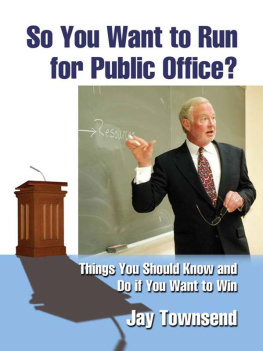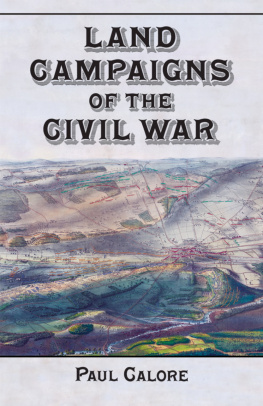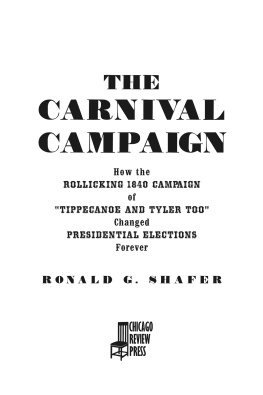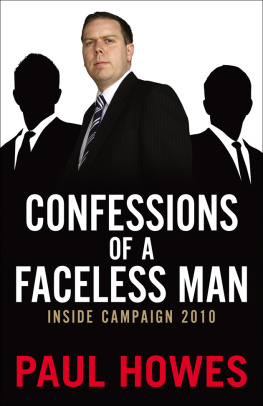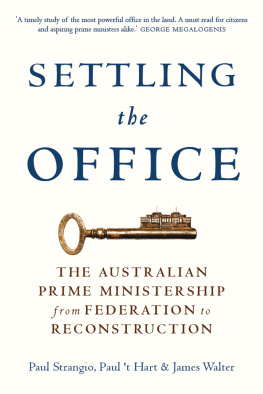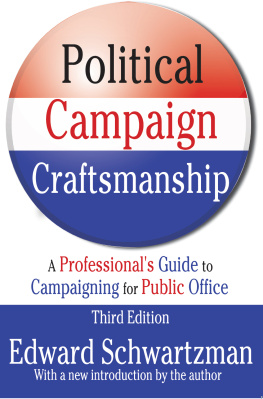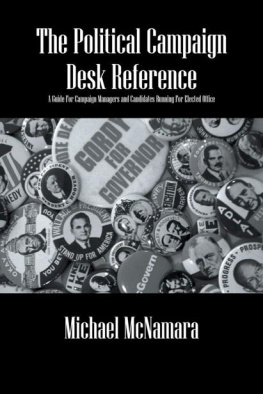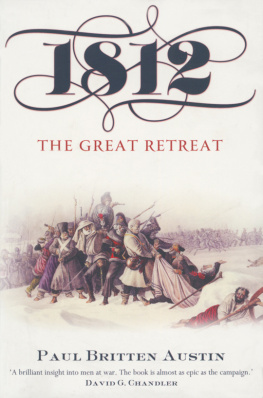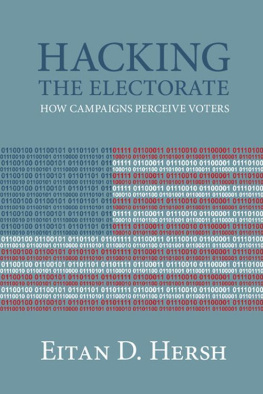Paul Gronke - The Electorate, the Campaign, and the Office
Here you can read online Paul Gronke - The Electorate, the Campaign, and the Office full text of the book (entire story) in english for free. Download pdf and epub, get meaning, cover and reviews about this ebook. publisher: The University of Michigan Press, genre: Politics. Description of the work, (preface) as well as reviews are available. Best literature library LitArk.com created for fans of good reading and offers a wide selection of genres:
Romance novel
Science fiction
Adventure
Detective
Science
History
Home and family
Prose
Art
Politics
Computer
Non-fiction
Religion
Business
Children
Humor
Choose a favorite category and find really read worthwhile books. Enjoy immersion in the world of imagination, feel the emotions of the characters or learn something new for yourself, make an fascinating discovery.

- Book:The Electorate, the Campaign, and the Office
- Author:
- Publisher:The University of Michigan Press
- Genre:
- Rating:3 / 5
- Favourites:Add to favourites
- Your mark:
- 60
- 1
- 2
- 3
- 4
- 5
The Electorate, the Campaign, and the Office: summary, description and annotation
We offer to read an annotation, description, summary or preface (depends on what the author of the book "The Electorate, the Campaign, and the Office" wrote himself). If you haven't found the necessary information about the book — write in the comments, we will try to find it.
The Electorate, the Campaign, and the Office — read online for free the complete book (whole text) full work
Below is the text of the book, divided by pages. System saving the place of the last page read, allows you to conveniently read the book "The Electorate, the Campaign, and the Office" online for free, without having to search again every time where you left off. Put a bookmark, and you can go to the page where you finished reading at any time.
Font size:
Interval:
Bookmark:
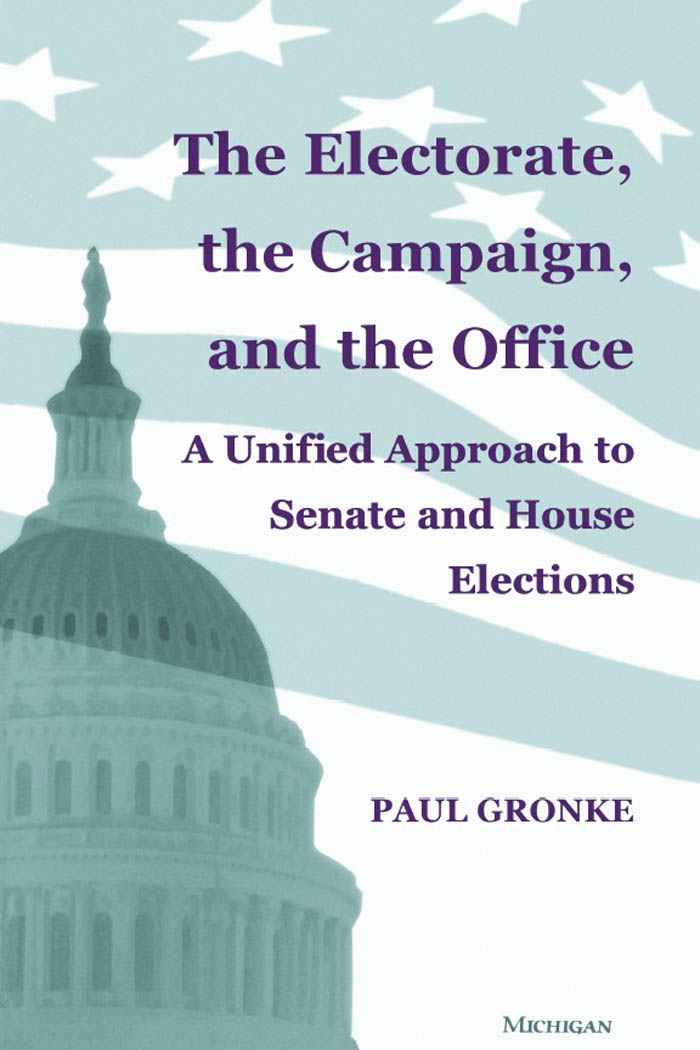
The Electorate, the Campaign, and the Office
A Unified Approach to
Senate and House Elections
Paul Gronke
Ann Arbor
THE UNIVERSITY OF MICHIGAN PRESS
First paperback edition 2001
Copyright by the University of Michigan 2000
All rights reserved
Published in the United States of America by
The University of Michigan Press
Manufactured in the United States of America
 Printed on acid-free paper
Printed on acid-free paper
2004 2003 2002 2001 5 4 3 2
No part of this publication may be reproduced, stored in a retrieval system, or transmitted in any form or by any means, electronic, mechanical, or otherwise, without the written permission of the publisher.
A CIP catalog record for this book is available from the British Library.
Library of Congress Cataloging-in-Publication Data
Gronke, Paul, 1961
The electorate, the campaign, and the office: a unified approach to Senate and House elections / Paul Gronke.
p. cm.
Includes bibliographical references and index.
ISBN 0-472-11131-0 (cloth : alk. paper)
1. Elections United States. 2. United States. Congress Elections. 3. Campaign funds United States. I. Title.
JK1967.G76 2000 | |
324.973'092dc21 | 00-031520 |
ISBN 0-472-08824-6 (pbk. : alk. paper)
ISBN13 978-0-472-11131-2 (cloth)
ISBN13 978-0-472-08824-9 (paper)
ISBN13 978-0-472-02327-1 (electronic)
To Matthew, Benjamin, Katherine, and Samuel,
who dont care about that typing thing I do:
take me, Im yours!
Chapter
Appendixes
The intellectual background of this work came almost directly out of my year as one of a long line of data drones working for the National Elections Studies at the University of Michigan. During those years, I coded the incoming correspondence regarding proposed changes to the survey. The dogged loyalty that scholars had to particular survey items, most often tied to their specific research agendas, was a source of frustration to me then. I am a lot more understanding now! Still, the dichotomy between scholarly training that preached breadth and generalizability and a job that emphasized narrowness and specificity encouraged me think about broader theories of electoral behavior.
Near the end of my time at the NES, these ideas crytallized as I worked closely with Steven Rosenstone, now Dean of the Social Sciences at the University of Minnesota but then one of the co-directors of the National Election Study, and Santa Traugott, then study director of the NES, on the the National Science Foundation proposal for funding the complete Senate Election Study (the 1988 cycle had ended successfully). The writing, rewriting, fact-checking, endless bibliography reviews, and many conversations with Steve and Santa helped me focus on Senate/House comparisons as one route to a general theory. Both Steve and Santa were tremendously helpful during this final period of my graduate career.
Since then, I have been lucky enough to meet many colleagues who have thought about these issues and influenced my research. The most direct influence would be the person I replaced at Duke University and only know as a distant colleague, David Canon. Davids book on candidate emergence and his willingness to share ideas and data were invaluable. I also need to thank my colleagues at Duke, the University of Michigan, and around the country. They listened to my rambling thoughts and reacted to my written work. These friends and colleagues include John Aldrich, Mike Alvarez, Bill Bianco, John Brehm, David Canon, Richard Fenno, Jim Garand, Dave King, Phil Paolino, Pat Sellers, Santa and Mike Traugott, Matt Wilson, and Gerald Wright. Sooner or later, the National Science Foundation will assist the Legislative Studies Section of the American Political Science Association to establish a data archive and web server for the exchange of information. I am indebted for the gracious assistance from Tom Brunell, Gary Jacobson, John Krasno, Tom Palfrey, and especially David Canon. Ive tried to reciprocate by sharing my own data when the inevitable and seemingly unending requests have flowed in. Ross Baker, Bill Bianco, Paul Herrnson, Charles Stewart, and two anonymous reviewers commented on earlier drafts of this book. Special thanks go out to Steven Rosenstone, Donald Kinder, Vincent Price, and John Kingdon for guidance and to my friends for all their understanding and confidence.
I dont think I could have completed graduate school without the friendship and of my two longtime drinking buddies, John Brehm, my compatriot as a graduate student at the University of Michigan, coworker and Scrabble maven at the National Election Studies, and now a colleague at Duke University, and Alex Grist, wherever you are. They helped me through a difficult period of my life, and Ill be forever grateful.
This book would not have been possible without financial support from the Duke University Arts and Science Research Council, the Gerald R. Ford Dissertation Fellowship, the Horace H. Rackham Dissertation Fellowship, and the continued patience of the faculty of the Department of Political Science and the administration at Duke University.
Chuck Myers, past editor at the University of Michigan Press, was a godsend. I wish him luck at Princeton. The staff at Michigan has been helpful. Brad Gomez provided research assistance near the end of the project. Carrie Liken and John Rattliff assisted me in the tedious task of responding to the copy editor at Michigan.
Some of the data utilized in this research were made available (in part) by the Interuniversity Consortium for Political and Social Research. Neither the collector of the original data nor the consortium bear any responsibility for the analysis or interpretations presented here.
Finally, my academic career would never have continued without the unflagging support, patience, and love given unselfishly by Karin Purdy. Lets make our dreams come true, together.
Social scientists who study American politics have been called the last of the grand area specialists. American institutional arrangements are unusual in many ways: federalism, the separation of powers, a bicameral legislature, and a separately elected executive. Party politics also stands apart. The U.S. system is characterized by two parties and frequent alternations in power. Most parliamentary systems are marked by multiple parties and stability in the ruling coalition. The American public hews more closely to its party, at least as reflected in expressions of party identification than do citizens in many mature multiparty democracies, yet party-line voting, both among the mass of the public and in the legislature, is much lower. American political parties are socially diverse, non-programmatic, vote-maximizing entities, as contrasted with many narrowly based, programmatic parties in Europe, Latin America, and emerging democracies. We cannot understand what the American political system is unless we know what it is not. In order to really understand American politics, scholars must cast their net more broadly, comparing American institutional and political arrangements to those of other countries.
There is certainly a lot of truth in this position. American electoral studies would benefit from a comparative perspective. Still, the breadth and diversity of the American political landscape makes this a daunting task. The very things that make American politics distinctive also make it complicated: multiple institutions, multiple governmental units, and 250 million citizens. The first step toward a comparative analysis of American elections is to understand the similarities and differences
Font size:
Interval:
Bookmark:
Similar books «The Electorate, the Campaign, and the Office»
Look at similar books to The Electorate, the Campaign, and the Office. We have selected literature similar in name and meaning in the hope of providing readers with more options to find new, interesting, not yet read works.
Discussion, reviews of the book The Electorate, the Campaign, and the Office and just readers' own opinions. Leave your comments, write what you think about the work, its meaning or the main characters. Specify what exactly you liked and what you didn't like, and why you think so.

